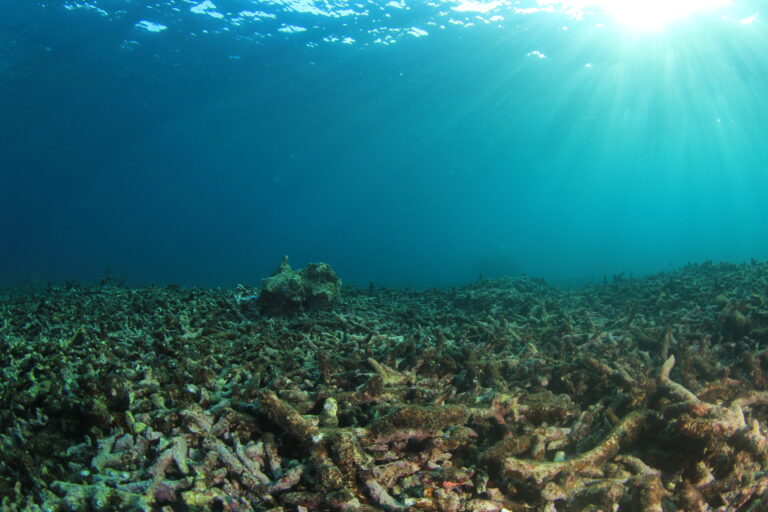The world’s oceans have crossed a dangerous acidity threshold for the first time, according to the Potsdam Institute for Climate Impact Research. The 2025 Planetary Health Check found ocean pH has dropped by about 0.1 units since the industrial era, a 30-40% increase in acidity that threatens marine ecosystems.
Cold-water corals, tropical reefs and Arctic marine life face severe risks as carbon dioxide from burning fossil fuels forms carbonic acid in seawater, reducing calcium carbonate vital for shells and coral growth. The report warns this endangers species such as oysters, clams and molluscs, and indirectly harms larger predators like salmon and whales, threatening food security and coastal economies.
The findings mark the seventh of nine planetary boundaries now transgressed, joining climate change, land system change and freshwater use. Scientists stress that the damage could also weaken the ocean’s ability to absorb heat and capture atmospheric carbon, undermining its role as the planet’s “climate stabiliser”.
Levke Caesar, co-lead of the Planetary Boundaries Science Lab, said the data left her “afraid”, but emphasised action could still reverse the trend. She urged governments to cut fossil fuel use, curb pollution and improve fisheries management.
The report highlights that strong international agreements, such as the Montreal protocol on ozone and shipping regulations on aerosols, show that effective policy can deliver recovery. Johan Rockström, director of the Potsdam Institute, said: “Failure is not inevitable; failure is a choice. A choice that must and can be avoided.”


